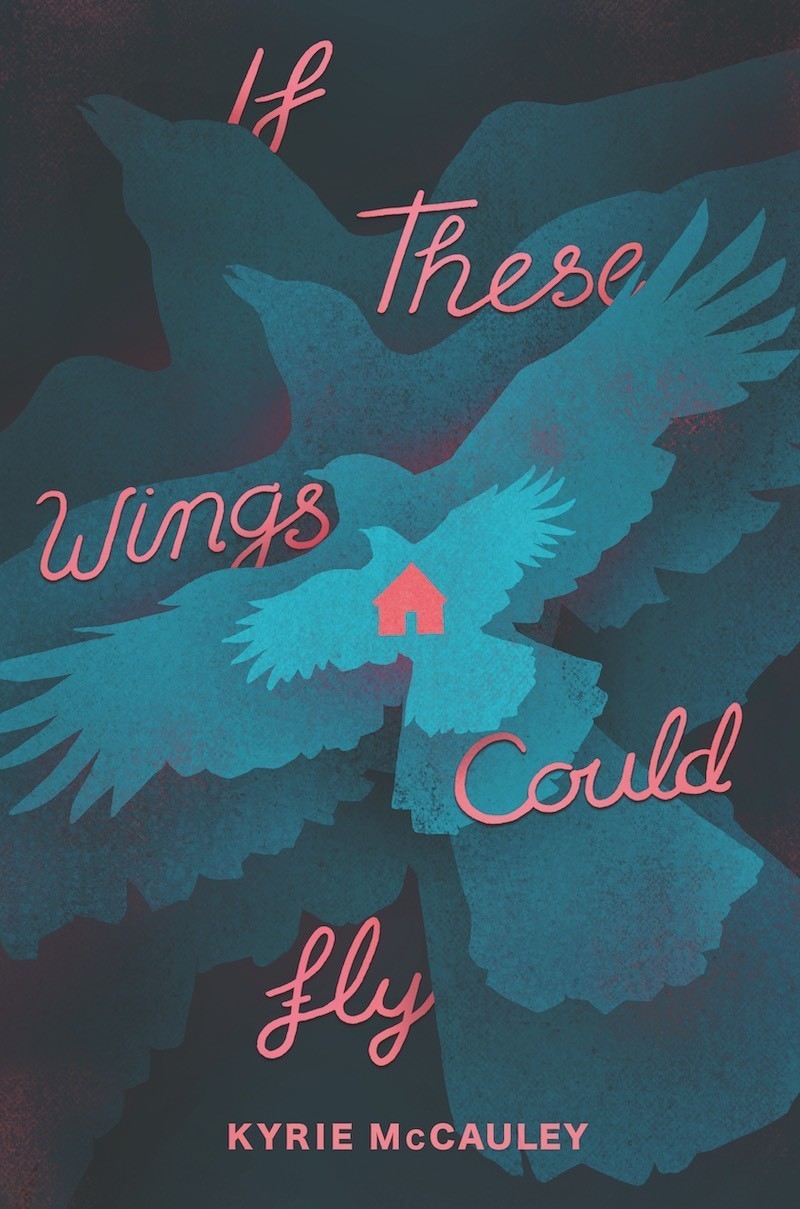Chapter 12
byChapter 12 of If These Wings Could Fly opens with the protagonist reflecting on the importance of a thesis statement in writing. They express a deep appreciation for the logical structure it provides, emphasizing how each word that follows should support and strengthen the main claim. The narrator values the order and discipline inherent in a well-crafted argument, especially in academic writing. However, this sense of clarity and structure is contrasted with the narrator’s struggles with poetry, which resists any attempt at being confined by strict rules. Poetry’s freeform style, with its disregard for conventional grammar and structure, leaves the narrator feeling alienated, as it doesn’t offer the same concrete satisfaction that comes from structured, fact-based writing. In contrast, the narrator’s mother approaches writing and life with a fluidity that mirrors her views on poetry. For her, life’s meaning is defined by a relationship with an important person, and her own “thesis statement,” “My life has meaning because he is in it,” serves as the guiding force in all of her decisions. This reliance on emotional validation through relationships is a sharp contrast to the narrator’s belief in logic and order.
The narrator’s focus then shifts to their academic path, as they express a firm commitment to journalism. Journalism, with its demand for clarity, structure, and an unwavering commitment to truth, aligns more closely with the narrator’s view of the world. They appreciate the straightforward nature of the profession, where every word serves a clear purpose in presenting factual information. This conviction about the importance of order and truth stands in stark contrast to the vagueness and emotional undercurrents of poetry and other forms of personal expression. However, as the narrator prepares to write a paper for their literature class, they experience a moment of self-discovery. Instead of starting the paper with a thesis statement centered around the analysis of the novel, they find themselves setting a more personal goal: “I will leave Auburn and go to college.” This shift represents a pivotal moment in the protagonist’s life, as it marks the first time they consciously separate their future from the confines of their small town. The realization not only solidifies the narrator’s ambition but also redefines their purpose, providing the emotional drive to work toward achieving that goal. The desire to leave Auburn becomes a motivating force, one that will drive their academic efforts, including the pursuit of scholarships and the cultivation of their writing skills.
As the chapter progresses, the narrator’s internal focus begins to shift, and they realize that their personal aspirations are now tied to academic success. No longer just completing assignments for the sake of grades, they are framing their future with a clear vision. The narrator’s growing commitment to leave Auburn and attend college takes on the same importance as a thesis statement in their academic writing. Just as the narrator’s mother defines her life through her emotional connection to a significant other, the narrator’s identity is now defined by their ambition to escape their rural roots. This new goal becomes the central force driving the protagonist’s actions, influencing how they approach their schoolwork and interactions with others. Their focus now includes excelling academically, not just for the sake of grades, but to create a pathway to their future. A pivotal moment occurs when the protagonist decides to enter the Auburn scholarship contest, signaling their determination to take active steps toward their dreams. This contest represents more than just an opportunity for financial assistance—it is a tangible step toward breaking free from the life that has been mapped out for them by family expectations and small-town life. The protagonist’s internal shift toward self-determination reflects a universal desire for independence and the pursuit of one’s own ambitions, marking a significant phase in their personal growth.
In this chapter, themes of ambition, personal identity, and familial expectations are intricately explored, providing the reader with a powerful narrative about the struggles of adolescence. The protagonist’s shifting focus from structured writing to personal aspiration mirrors their growing desire to break free from the confines of their environment. The chapter highlights the complexity of balancing one’s aspirations with the weight of family expectations and the challenges of achieving personal independence. As the protagonist navigates the delicate intersection of ambition, love, and family influences, they experience a pivotal moment of self-realization. This realization empowers them to take charge of their future, fostering a sense of independence and personal growth that drives them forward in the story. The dynamic between personal ambition and family ties will continue to shape the protagonist’s journey, making this chapter an important step in their transformation from adolescence to adulthood.

